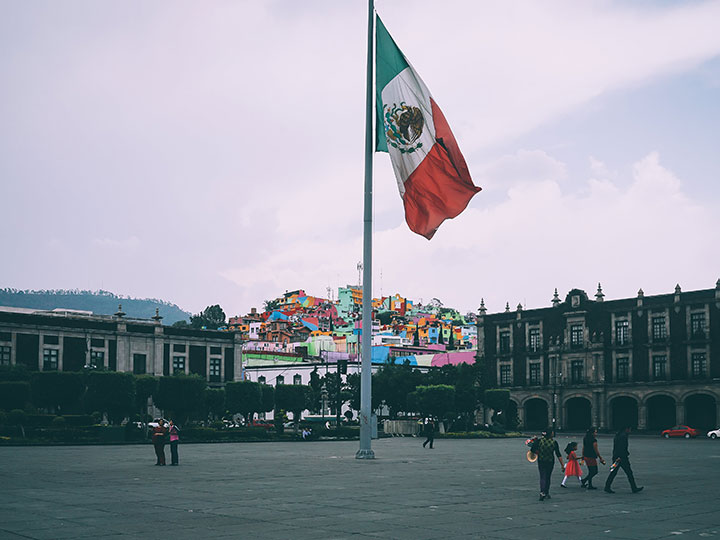Extradition is an international cooperation process involving sovereign states for the surrender of individuals accused or convicted of specific crimes. In this article, we will delve into the extradition process between Mexico and Italy, discussing the crimes that can lead to extradition, reasons for extradition refusal, and the methods of surrendering the extradited individual.
What Is Extradition?
Extradition is the process by which one state delivers an individual located within its territory to another state so that they can face a criminal trial or serve a prison sentence or other forms of liberty restriction. This process necessitates a solid legal foundation and an agreement between the two involved states.
Crimes Leading to Extradition
According to the Extradition Agreement between Mexico and Italy, extradition can be granted for the following reasons:
- To Initiate a Criminal Proceeding: Extradition can be requested if the crime in question is punishable by a prison sentence of at least one year under the laws of both states.
- To Execute a Final Conviction: Extradition can be requested to execute a final conviction involving a prison sentence or another liberty-restricting measure. The remaining duration of the penalty must be at least six months at the time of the request.
- Tax and Customs Offenses: Extradition can also be granted for tax, customs, and currency-related offenses, even if the laws of the involved states differ in terms of taxes, duties, and currency regulations.
Reasons for Extradition Refusal
The agreement outlines both mandatory and discretionary reasons for refusing extradition.
Mandatory Reasons for Refusal Extradition cannot be granted in the following cases:
- If the offense is considered a political crime or one connected to a political crime according to the legislation of the Requested State.
- If there are reasonable grounds to believe that the extradition request is motivated by racial, gender, religious, social status, nationality, or political discrimination, or that the individual’s position in the criminal proceedings might be prejudiced for any of these reasons.
- If the offense is punishable by a penalty prohibited in the Requested State.
- If the criminal proceedings in the Requesting State do not respect the minimum rights of defense or involve cruel, inhuman, degrading treatment, or any other action or omission violating fundamental rights.
- If the individual has already been definitively judged in the Requested State for the same offense.
- If prescription or another extinguishing cause of the offense has occurred.
- If the offense for which extradition is requested is exclusively a military offense according to the legislation of the Requested State.
- If the Requested State has granted political asylum to the individual.
- If the Requested State believes that granting extradition could compromise its sovereignty, national security, public order, or other essential interests, or contradict fundamental principles of its national legislation.
Discretionary Reasons for Refusal
The agreement also provides for discretionary reasons for refusal, such as when the offense is already prosecuted in the Requested State or when extradition would not be compatible with humanitarian considerations considering the individual’s age, health, or other personal conditions.
Extradition Ban on Citizens
According to the agreement, each state has the right to refuse the extradition of its own citizens.
Extradition Procedure
Extradition requests are submitted to the designated Central Authorities, the Ministry of Justice of the Italian Republic and the Ministry of Foreign Affairs of the United Mexican States. Requests must include comprehensive information about the individual, the crime, and the requesting authority.
Principle of Speciality
The principle of speciality dictates that the extradited individual cannot be prosecuted, judged, or detained for crimes other than those that led to extradition, unless exceptions are provided for.
Methods of Surrendering the Extradited Individual
The surrender of the extradited individual occurs based on an agreement between the involved states. The deadline for surrender is sixty days from the notification of extradition approval. Surrender can be deferred under specific circumstances, such as ongoing criminal proceedings or the health condition of the individual.
Simplified Extradition Procedure
In certain cases, extradition can be simplified if the requested individual consents. However, this must be done with legal counsel’s assistance and before a competent authority.
Why Consult an Expert Lawyer in Mexico-Italy Extradition?
In extradition cases, it is essential to consult a lawyer with expertise in the field. In-depth knowledge of agreements and laws is crucial to protect the rights of the extradited individual and to evaluate whether extradition should be granted or denied.

